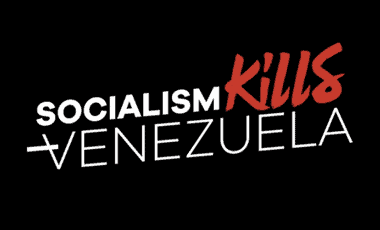This is great news! Jindal and others were worried that this moratorium would make some companies move elsewhere, thus making this 6-month job killer extend even further.
Sunday by Jindal and state Atty. Gen. James D. “Buddy” Caldwell asserts that the moratorium could convince big oil companies to move their rigs out of the Gulf of Mexico to Brazil or Africa, with “little chance of their immediate return.”
…(read more)…
So here is the story about the moratorium being lifted. Again, great news for our economy.
The Obama administration lost its court bid to maintain a six-month moratorium on offshore deepwater drilling which a federal judge ordered lifted last month.
The Fifth Circuit Court of Appeals denied the government’s emergency request to stay that judge’s order pending appeal.
The motion was denied because the government failed to show “a likelihood of irreparable injury if the stay is not granted,” the appeals panel judges wrote in a 2-1 ruling.
[…]President Barack Obama acknowledged the moratorium would cause economic harm, but said it was necessary to give investigators adequate time to understand what caused the accident and create new safety regulations.
Oil companies and Louisiana politicians railed against the moratorium, saying it would cause further economic devastation and that rigs and drilling plans should simply be inspected on a case-by-case basis.
Louisiana Governor Bobby Jindal hailed the court’s decision Thursday but expressed concern that the uncertainty has created a “de facto moratorium” which could cost the state 20,000 jobs.
“We absolutely want drilling to be done safely and do not want another spill or one more drop of oil on our coast or in our water, but thousands of Louisianians should not have to lose their jobs because the federal government can’t adequately do its job of ensuring drilling is done safely,” Jindal said in a statement.
“The federal government has an entire agency dedicated to monitoring safe drilling. It shouldn’t take them six months or longer for a new national commission to ensure safety measures are in place and their laws and regulations are being followed.”
…(read more)…


